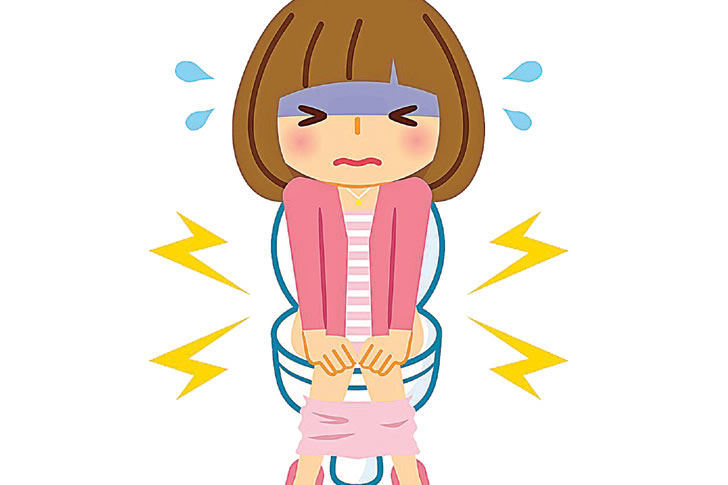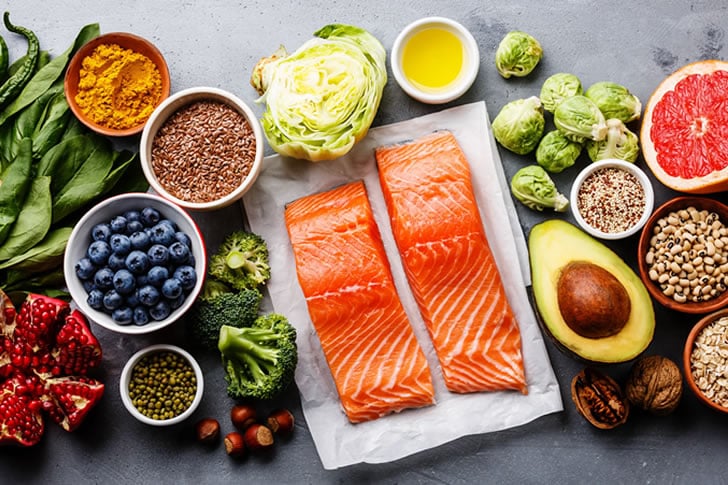Preventing Constipation: Hydration and Dietary Fibers Key Tips
Constipation can be uncomfortable and frustrating. By focusing on hydration and dietary fibers, you can help maintain regular bowel movements. This guide offers tips for relief and prevention.

Understanding Constipation
Constipation is a common digestive issue characterized by infrequent bowel movements, difficulty passing stool, or a sensation of incomplete evacuation. It can result from various factors including diet, lifestyle, medications, and underlying medical conditions.
The Role of Hydration in Preventing Constipation
Importance of Adequate Hydration
Staying hydrated is vital for overall health, but it's particularly important for preventing constipation. Water helps to soften stool, making it easier to pass.
Daily Water Intake Recommendations
The general recommendation is to drink at least 8 glasses of water a day, but individual needs may vary based on factors like age, sex, activity level, and climate. Paying attention to your body's signals of thirst can also help you determine adequate intake.
Tips for Staying Hydrated
- Having a water bottle at hand encourages frequent sipping throughout the day.
- Use your phone or a water-tracking app to remind you to drink water regularly.
- Adding slices of fruits or herbs can make plain water more appetizing.
- Clear or light yellow urine typically indicates proper hydration.
The Role of Dietary Fibers in Preventing Constipation
Understanding Dietary Fibers
Dietary fibers are plant-based nutrients that the body can't digest. They add bulk to stool and can help it pass through the digestive system more easily. There are two types: soluble and insoluble fibers.
Benefits of Soluble Fibers
Soluble fibers dissolve in water to form a gel-like substance, helping to soften stool and prevent constipation. Common sources include oats, apples, and beans.
Benefits of Insoluble Fibers
Insoluble fibers add bulk to stool and help it move more quickly through the intestines. They are found in foods like whole grains, nuts, and vegetables.
Daily Fiber Intake Recommendations
Very adults should aim for 25-30 grams of fiber daily. However, increasing fiber intake should be done gradually to avoid gas and bloating.
Tips for Incorporating Dietary Fibers
High-Fiber Foods to Include
- Berries, apples (with skin), carrots, and broccoli are great choices.
- Opt for whole grain bread, brown rice, quinoa, and oatmeal.
- Beans, lentils, and chickpeas are excellent fiber sources.
- Almonds, chia seeds, and flaxseeds can easily be added to meals.
Cooking Tips for Maximum Fiber
- When eating fruits and vegetables, keep the skin on when possible.
- Sprinkle seeds or nuts onto salads, yogurts, or cereals.
- Combine soluble and insoluble fibers in your meals to get balanced benefits.
- Incorporate beans or lentils into soups, stews, and salads.
Combining Hydration and Dietary Fibers for Optimal Bowel Health
- Drink water when consuming high-fiber meals to aid in digestion.
- Include diverse fiber sources in your daily diet for comprehensive benefits.
- Make hydration and high-fiber foods regular components of your daily routine.
Lifestyle Tips to Support Digestive Health
Regular Exercise
Physical activity helps stimulate intestinal function and can alleviate constipation. Aim for at least 30 minutes of moderate exercise, such as walking or swimming, very days of the week.
Establish a Routine
Try to have bowel movements at the same time each day, ideally after a meal, as it can help regulate your body's natural clock.
Mindful Eating
Eat slowly and chew your food thoroughly. Being mindful of your eating habits can aid digestion and prevent constipation.
When to Seek Medical Advice
If constipation persists despite making dietary and lifestyle changes, consult a healthcare professional. Chronic constipation can sometimes indicate an underlying medical issue that needs attention.
Conclusion
Preventing constipation largely revolves around proper hydration and a high-fiber diet. By incorporating these practices into your daily routine, you can maintain optimal digestive health and reduce the discomfort associated with constipation. Stay proactive in your dietary and lifestyle choices for good benefits.
-

Unlocking the Potential of Savings Accounts and Interest Rates
-

Maximizing Your High-Speed Internet: A Practical Guide
-

Empowering Seniors with 5G Technology: Tips and Advice
-

Effective Strategies to Reduce Belly Fat Through Diet and Exercise
-

Affordable Home Care Services: Professional Care Tips You Need








